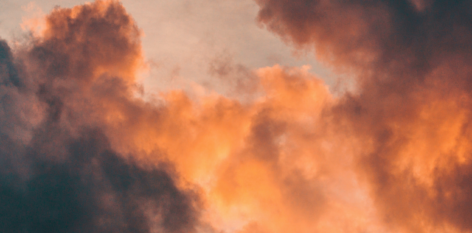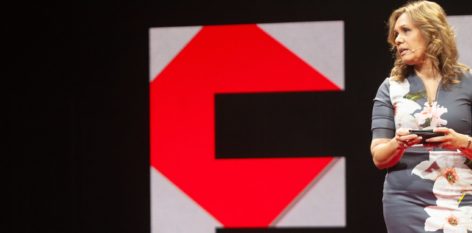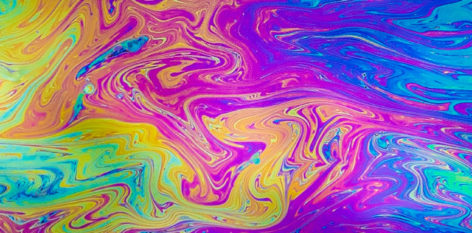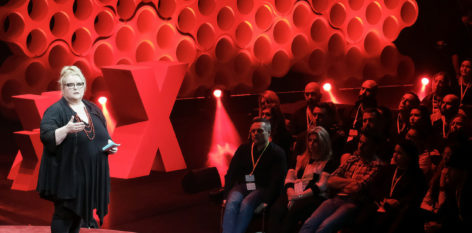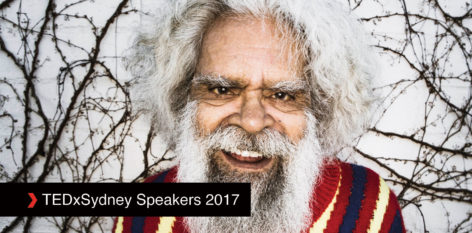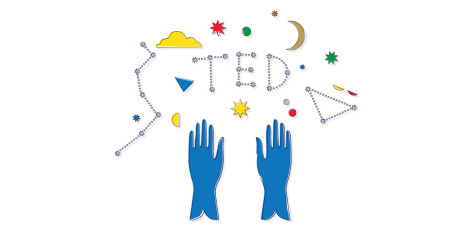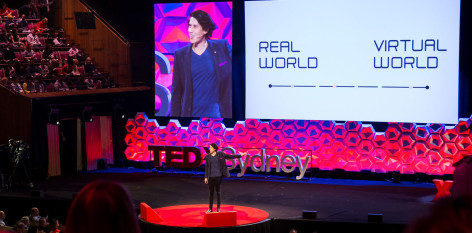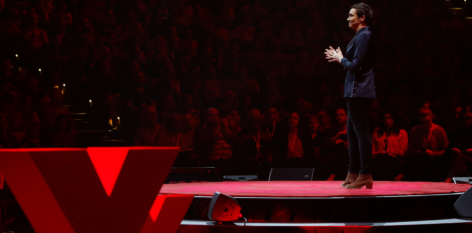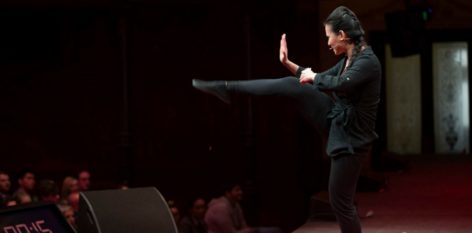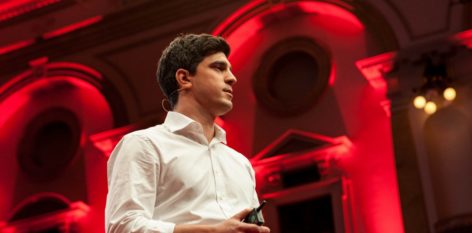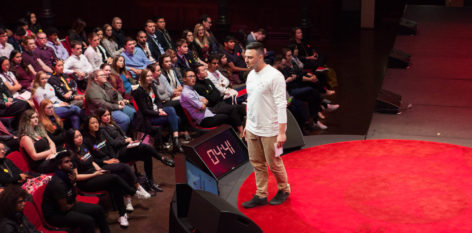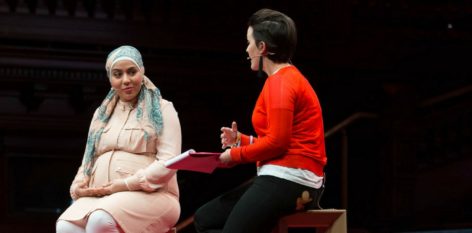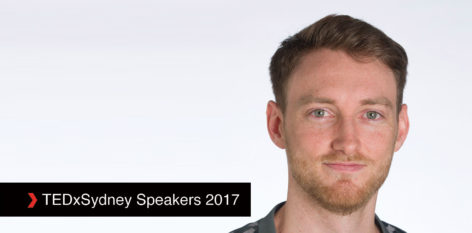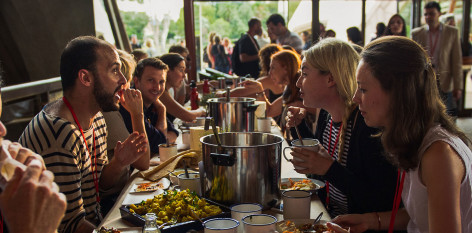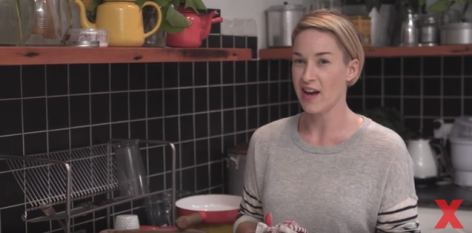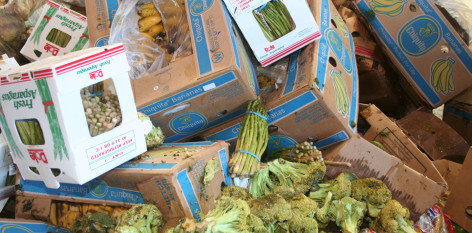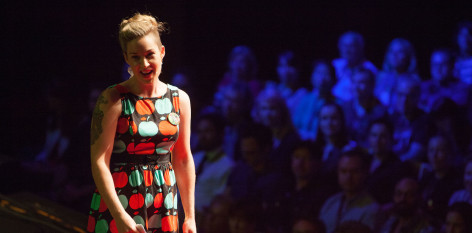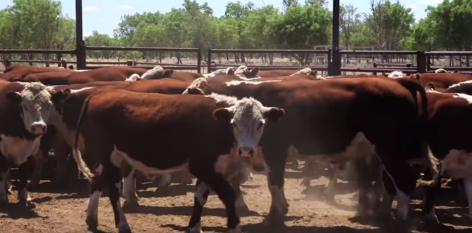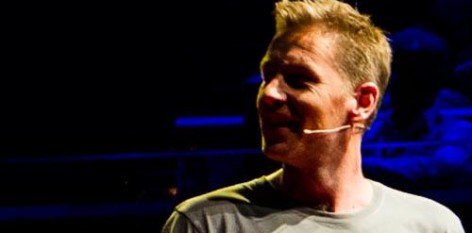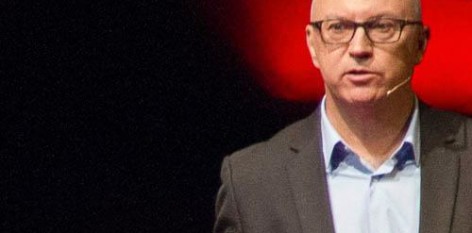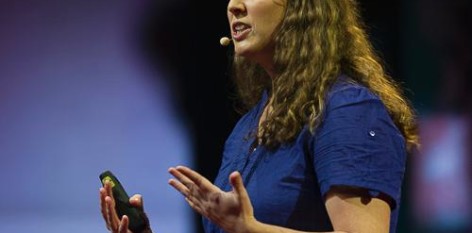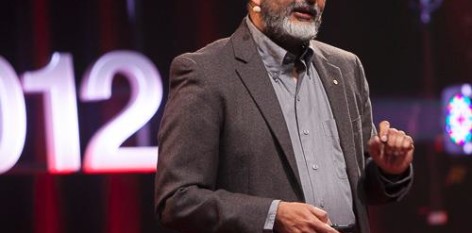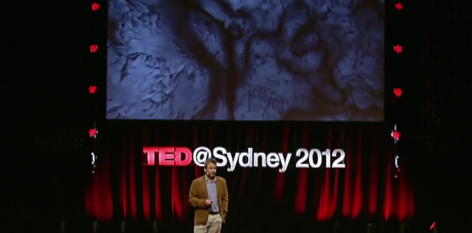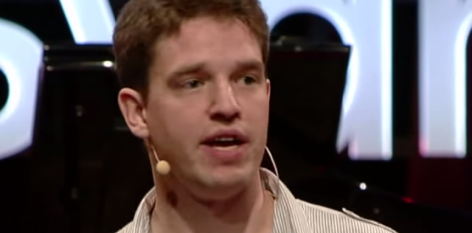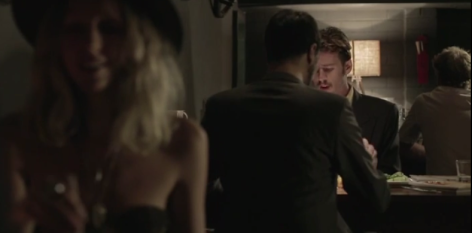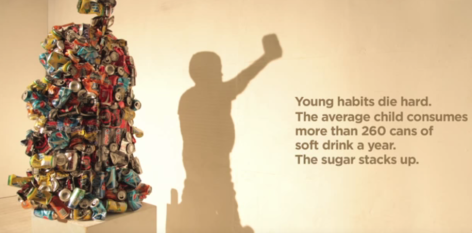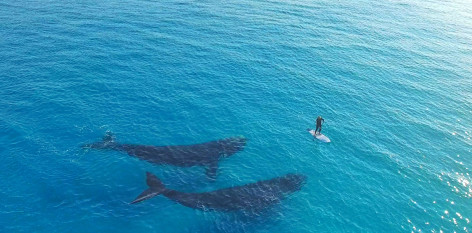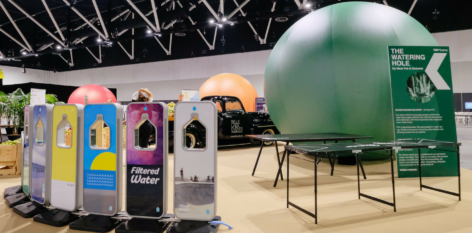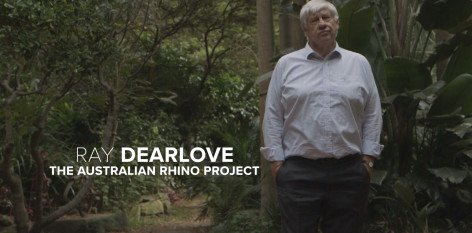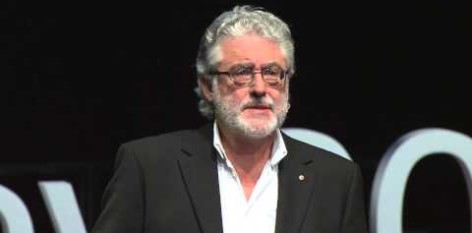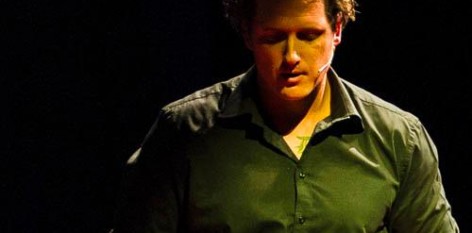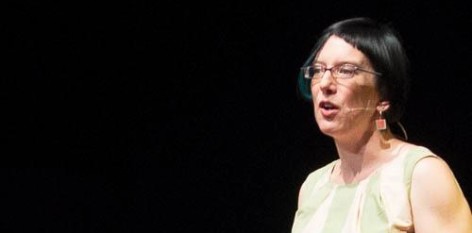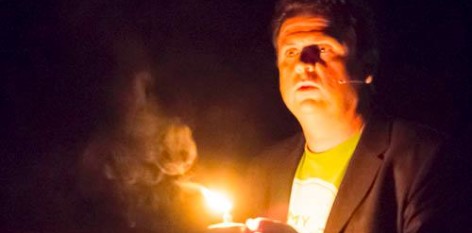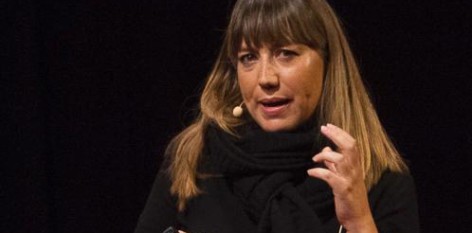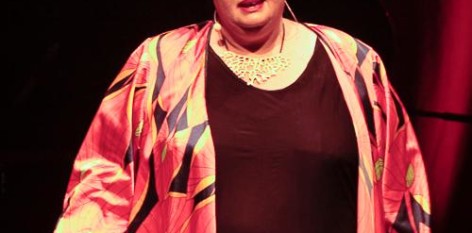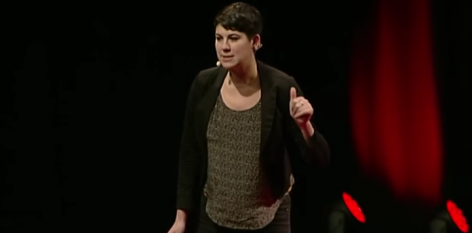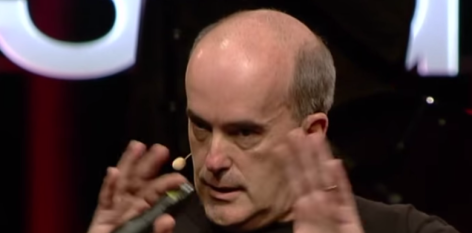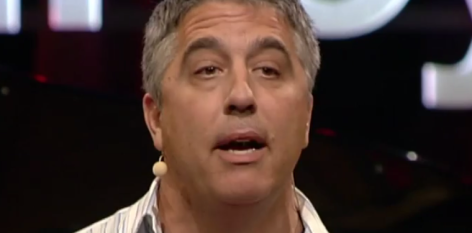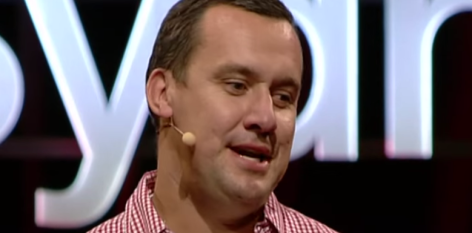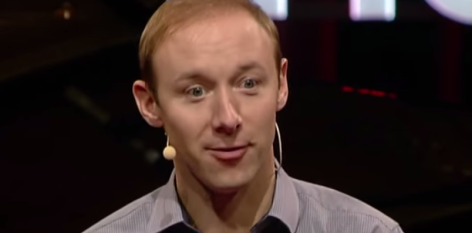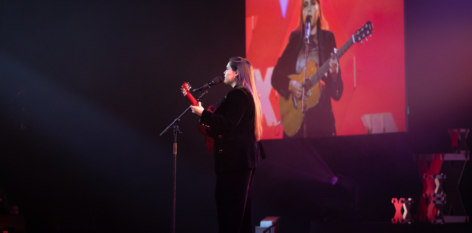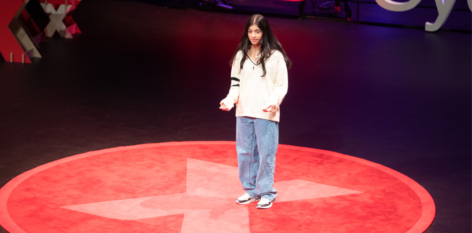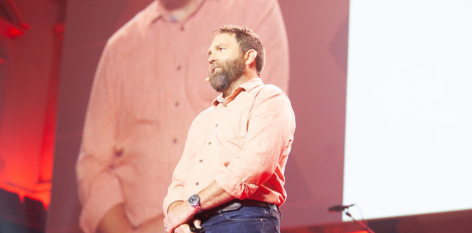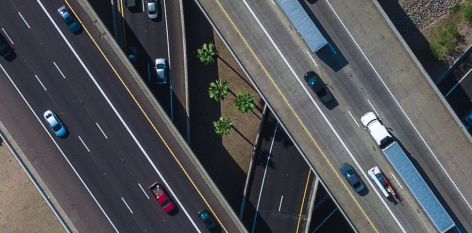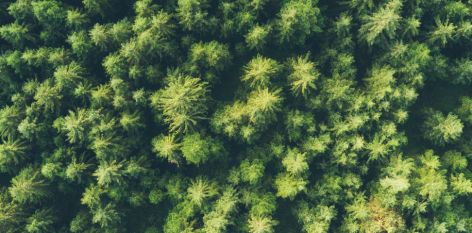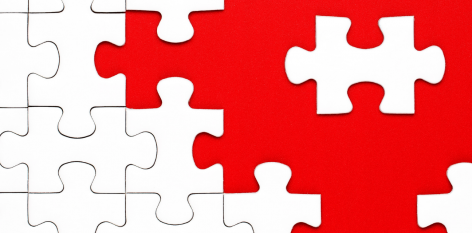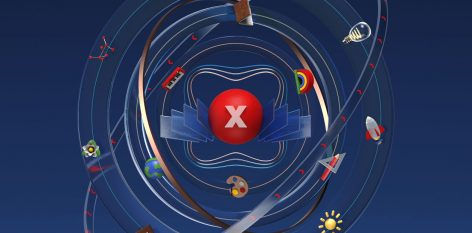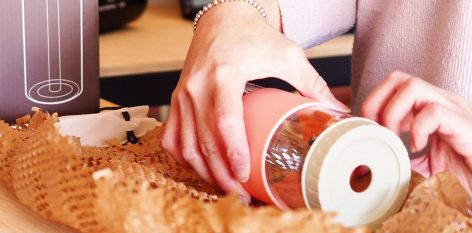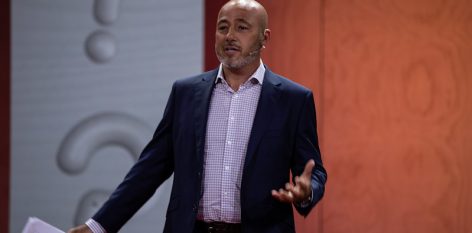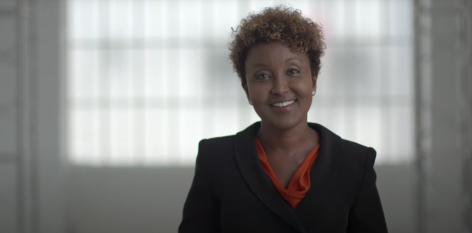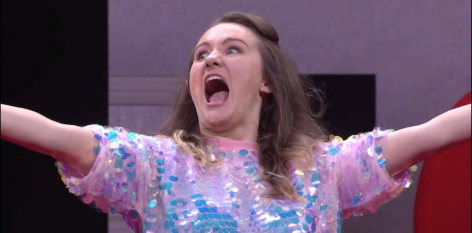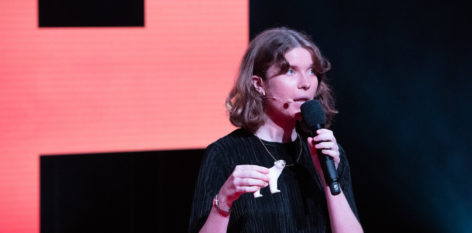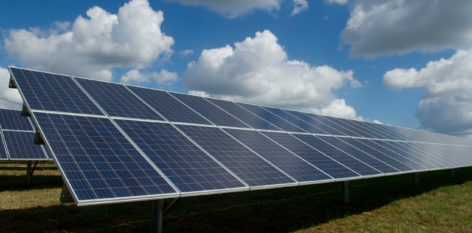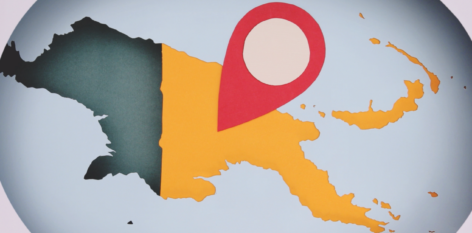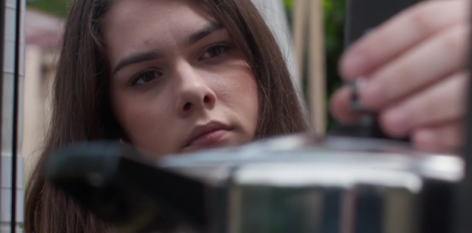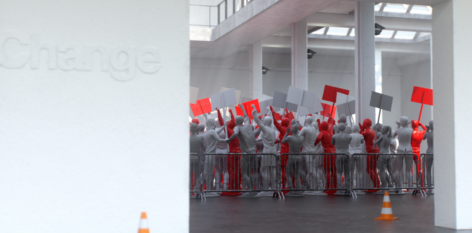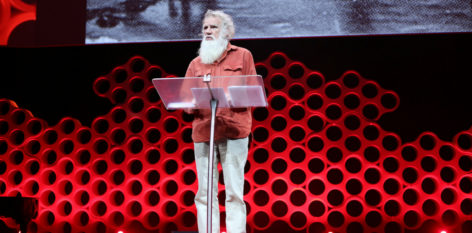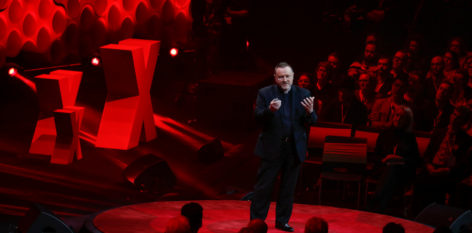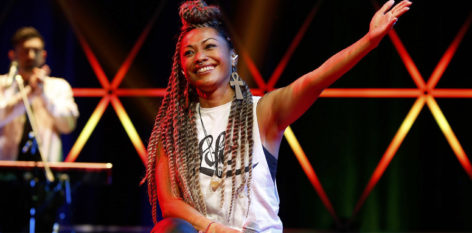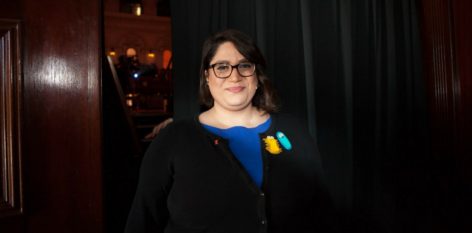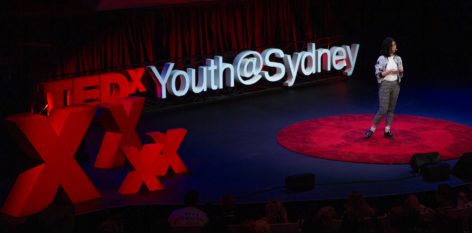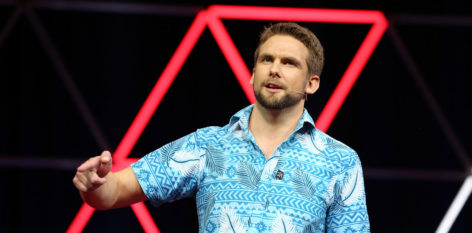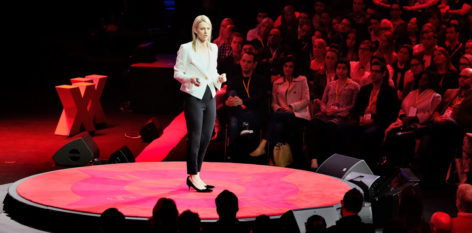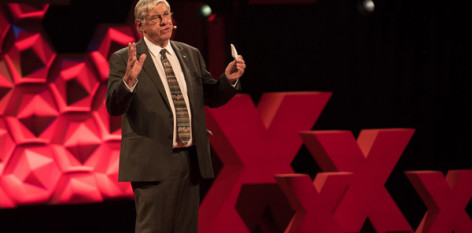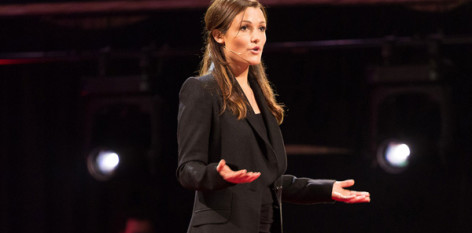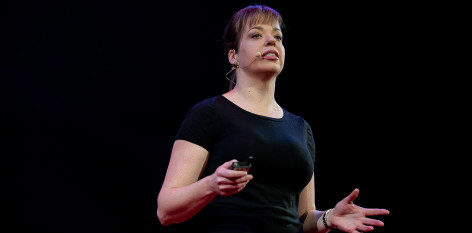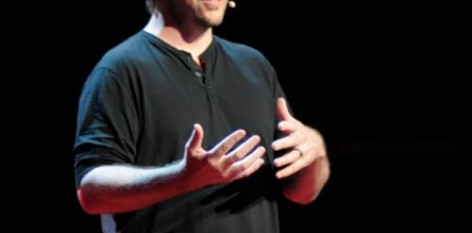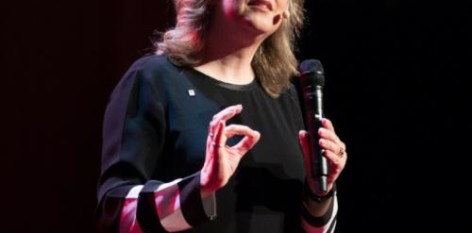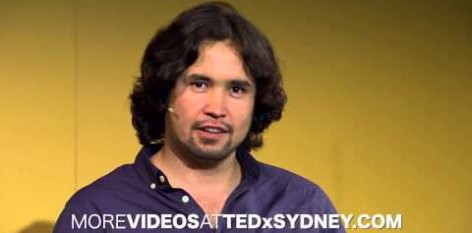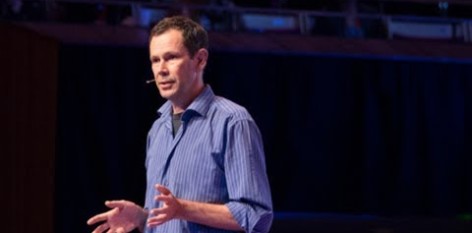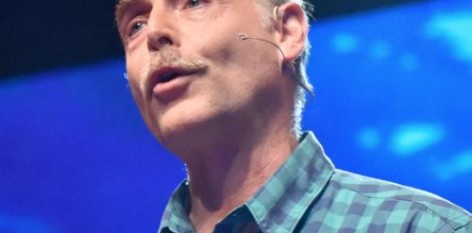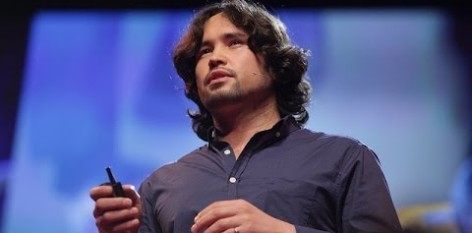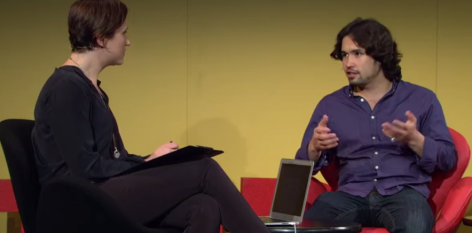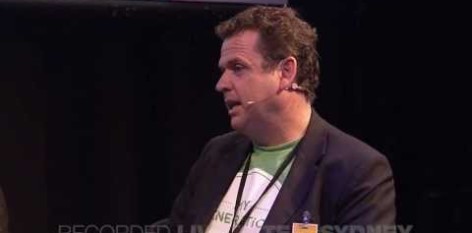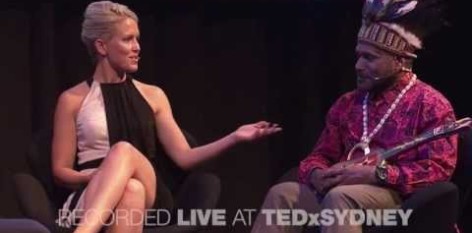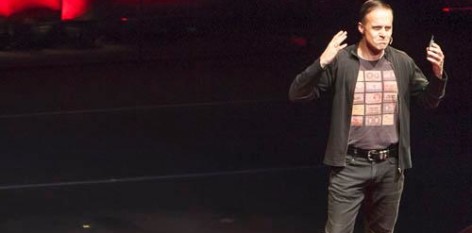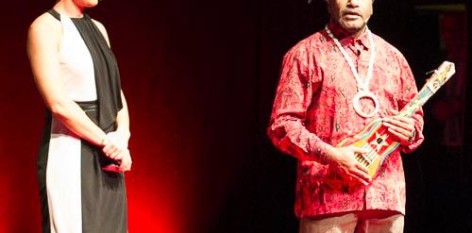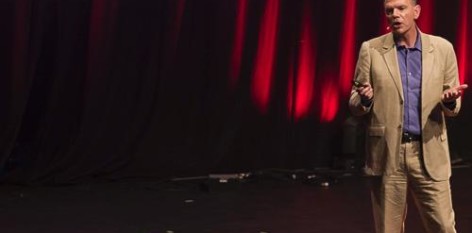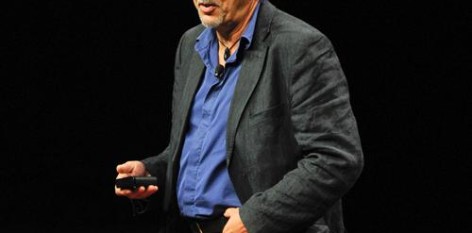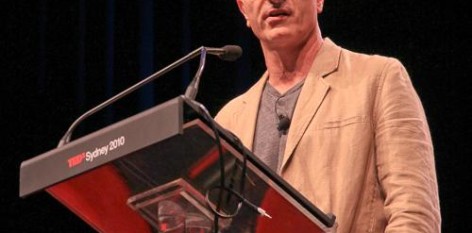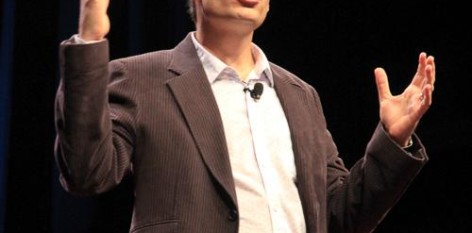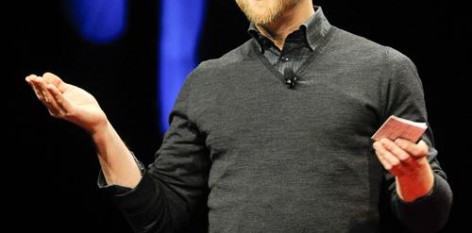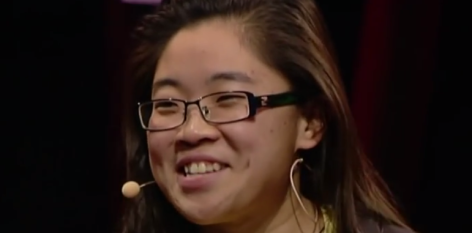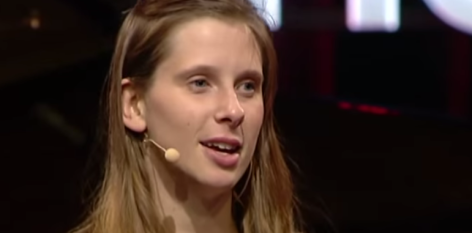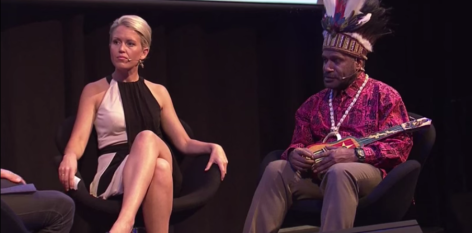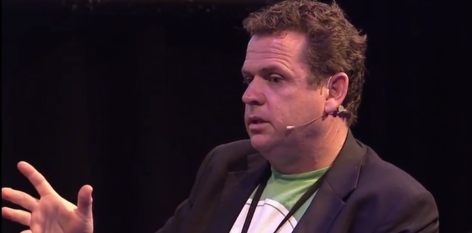David Power can trace his love of fish all the way back to weekend family trips to the Brighton Sealife Centre in the UK. At 14, David was hooked on fish. So hooked, that he learned to SCUBA dive in the nippy South coast of England.
When he moved to Sydney, David was astonished at the variety of life he could see in Australian waters. He went on to study Marine Science at Macquarie University, and as part of his course, spent a month on exchange at the University of the South Pacific in Fiji. ‘That’s when I first got interested in the Pacific Islands. I saw both sides of fishing there, villagers going out in their small boats and large scale operations that net in tonnes of catch.’
Ten years down the track David has worked as a fishery manager with the Australian Fisheries Management Authority and now with the Pacific FFA, a regional fishery management agency that supports 17 Pacific island members. It’s their mission to promote sustainable development and fishery management and coordinate regional compliance ops. Under FFA member regulations, all fishing boats are required to carry satellite trackers that monitor where boats are fishing and if they have appropriate licences. Surveillance aircraft patrol Pacific waters identifying non-compliant boats and then, from head office in Honiara, the FFA coordinates patrol boats to track down these unknown and illegal fish boats.
Protecting fisheries isn’t all adventure on the high seas, though. To change the culture of fishing communities takes time and patience. ‘Sustainability is a complex social challenge – on the one hand you have entire Pacific nations that rely on tuna fishing to support their livelihoods and government, and on the other, you have huge environmental impacts from overfishing and bycatch. Somewhere in the middle there is a balance that ensures fish are available for future generations and that is what we are aiming for.’
Illegal fishing without a licence is a serious but manageable problem, thanks to strong surveillance and enforcement work. But there are still many issues – like climate change and fishers misreporting and concealing what they catch. David flags a noteworthy change in the East Australian current, now bringing more warm water further south.
Such changes affect where and when fish are found and David stresses that good environmental and fishery monitoring is key, so that we can measure changes and adapt our management to account for them. Increased monitoring on fishing boats ensures that we have a true measure of what is caught and allows fishers to demonstrate that they are fishing responsibly and to be accountable if they are not.
That’s a heroic task, but how can your average fish eating punter help at the market? ‘Buy local, ask questions and do your research,’ says David. ‘Australian fisheries are amongst the best managed in the world. We have accountability and standards that are enforced. If you want to know what stocks are sustainable, the best thing is to search by species on fish.gov.au.’
Back in the Solomon Islands, David still dives whenever he gets the chance. ‘Seeing large healthy schools of fish underwater reminds me of what it’s all about – healthy fish stocks with balanced harvesting that leaves plenty of fish in the sea.’
Book now to see David Power at TEDxSydney on Friday 16 June 2017.

